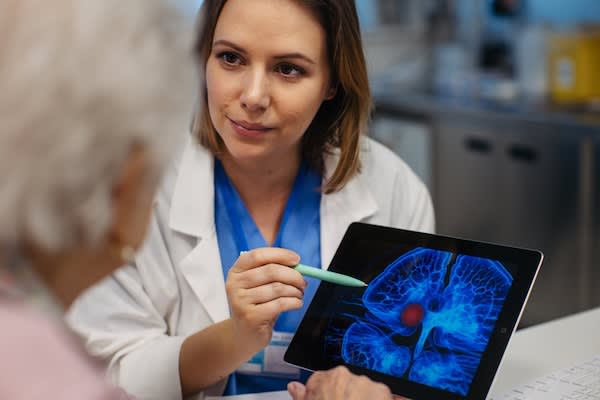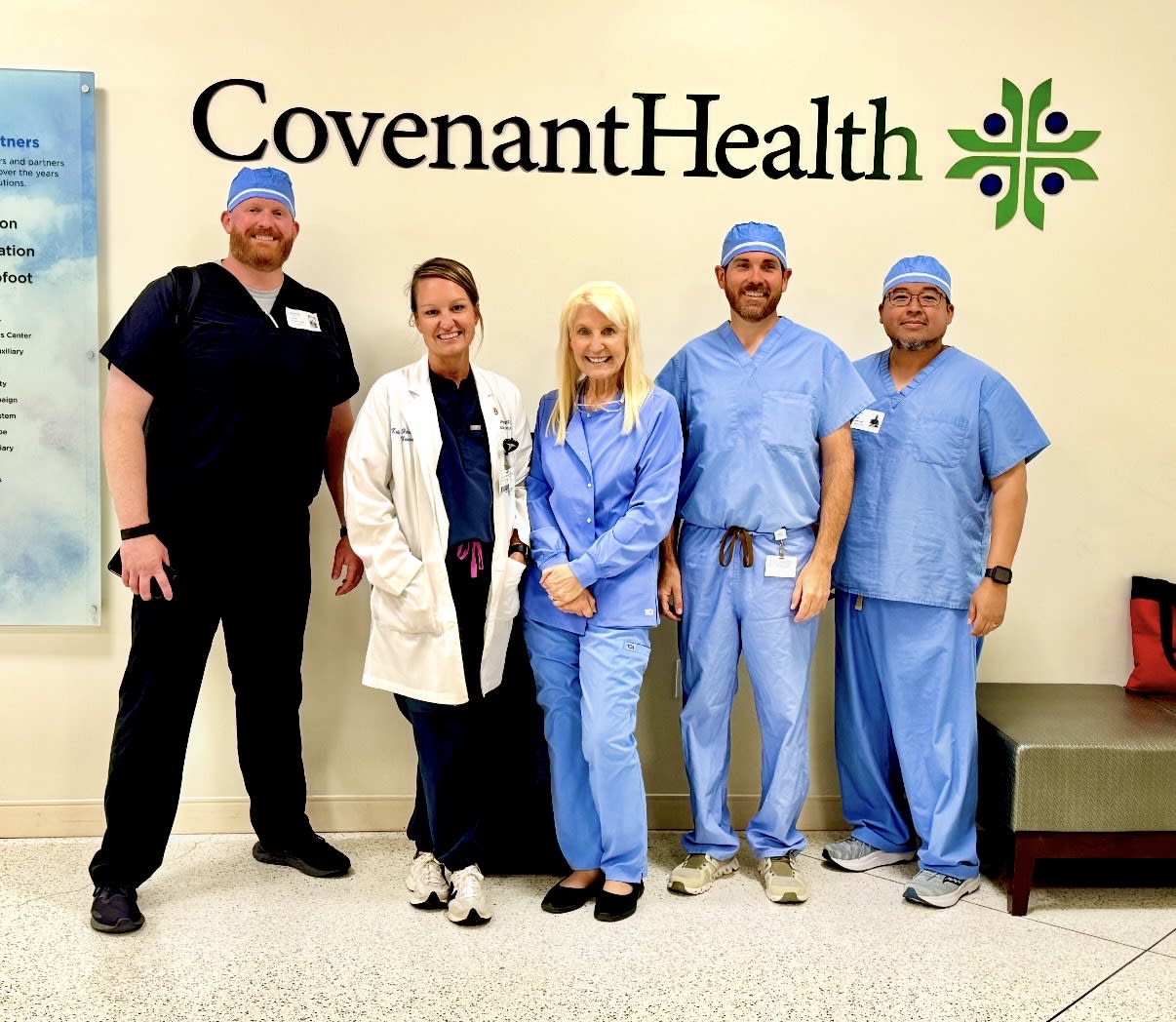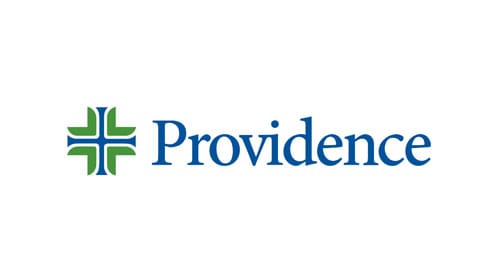Call 833-678-4017 or complete the form for more information.
Providence Spokane Inland Neurosurgery & Spine Center
We provide the expertise, skill and technology to treat patients with the most complex neurological conditions – all close to home in the Inland Northwest.
Providence Spokane Inland Neurosurgery & Spine Center
We provide the expertise, skill and technology to treat patients with the most complex neurological conditions – all close to home in the Inland Northwest.
Neurological Conditions Treated at Providence Spokane Inland Neurosurgery & Spine Center
Our neurological experts use the most effective therapies to treat even the most complex neurologic conditions, including:
- Back pain
- Brain aneurysms
- Brain arteriovenous malformations (AVM)
- Brain injury
- Brain tumor
- Carotid occlusion
- Carotid stenosis
- Essential tremor
- Herniated discs
- Neck pain
- Parkinson’s disease
- Pediatric neurosurgery
- Pituitary tumors
- Scoliosis
- Skull base tumors
- Spinal cord injury
- Spinal trauma
- Spinal tumors
- Stroke and cerebrovascular disease
- Traumatic brain injury (TBI)
- Venous stenosis in the brain
- Vessel narrowing affecting the brain
Personalized Treatment for Neurological Conditions
Your multidisciplinary team of neuroscience experts works with you to develop the most effective treatment plan to meet your health needs, lifestyle and goals. We offer minimally invasive and open surgical techniques.
Minimally invasive surgery
At Providence Spokane Inland Neurosurgery & Spine Center, we commonly perform minimally invasive surgery for spine and brain conditions, including some strokes and aneurysms. Minimally invasive procedures require small or no incisions, incorporating imaging technology, catheters, wires and other tools to treat patients. Minimally invasive procedures cause less harm to body tissue. For many patients, this means less time in the hospital and improved outcomes.
Open surgery
Even some conventional open surgery has become less invasive. New medical technology allows our surgeons to make smaller cuts when they perform certain procedures. This can lead to a better overall recovery for our patients.
Common procedures
Depending on your condition and symptoms, your neuroscience specialists may recommend one of the following procedures:
- Brain tumor surgery
- Deep brain stimulation (DBS)
- Epilepsy surgery
- Functional neurosurgery
- Neurointerventional surgery
- Neuro-oncology surgery
- Neurosurgery
- Neurotrauma surgery
- Neurovascular surgery
- Pituitary tumor surgery
- Skull base surgery
- Spine surgery
- Stereotactic radiosurgery
Meet the Team
At Providence, you'll have access to a vast network of dedicated and compassionate providers who offer personalized care by focusing on treatment, prevention and health education.
Recognition
Providence Sacred Heart Medical Center is proud to be recognized for the following:

U.S. News & World Report - High Performing Hospital in Stroke (2025-26)

U.S. News & World Report - High Performing Hospital in Spinal Fusion (2025-26)
Why Choose Us for Your Brain and Spine Care?
We are a destination for patients from Washington, northeast Oregon, Idaho and Montana. Our compassionate, comprehensive treatment is just one of the reasons you can trust Providence with your care for spine and brain conditions, including movement disorders, neck and lower back pain, scoliosis, trauma that requires emergency care, and brain tumors or brain bleeds. Here are five more:
Learn How Our Caregivers Are Helping Patients

Tips for Managing Back or Neck Pain
Neck and back pain can keep you from doing what you love. Learn how to manage your pain, and what treatment options are available.
Our Programs
By the Numbers
We are committed to providing our patients with compassionate, world-class neurological care. This is why so many patients trust Providence Spokane Inland Neurosurgery & Spine Center with their neurological and neurovascular care every year.
Supporting Our Neurological Patients
We offer key support to help you and your loved ones through your treatment journey as comfortably as possible. Services include:
- Chaplain services
- Counseling
- Financial counseling
- Interpreter services
- Nutrition services
- Palliative care
- Pharmacy services
- Social work services

Part of the Neuroscience Institute of Spokane
Residents of the Inland Northwest have trusted Providence with their care for more than 50 years. We are leading the way in compassionate care and neuroscience innovation.
- We’re a nationally recognized center of excellence for neurological care, so you can find care for even the most complex neurological cases close to home.
- Because every minute counts during traumatic brain or spine injury or a stroke, you can access our trauma care team 24/7.
- If you need rehabilitation, we care for you right here at our Providence St. Luke’s Rehabilitation Medical Center, the largest freestanding medical rehabilitation hospital in the region.
Learn More About Providence Neuroscience Institute of Spokane
Contact Us
Expert Tips and Advice





